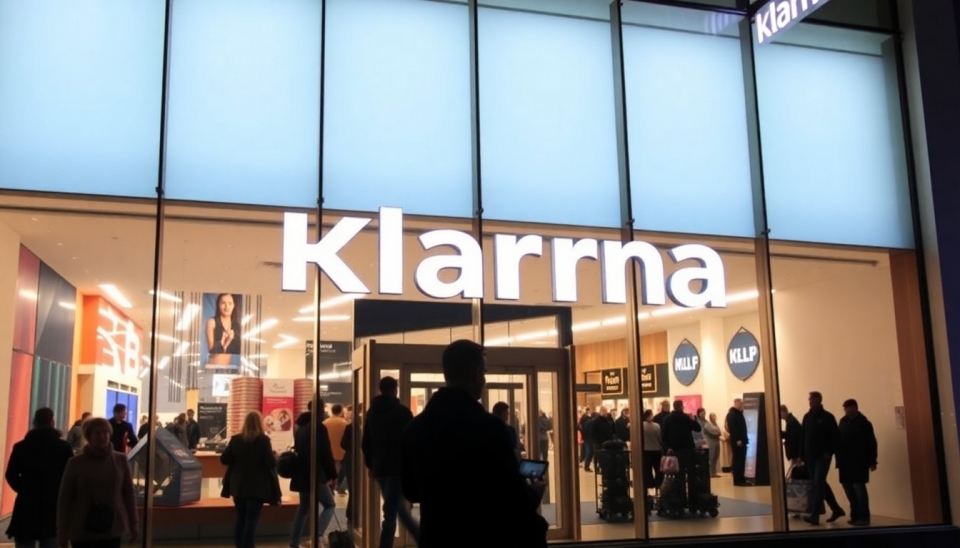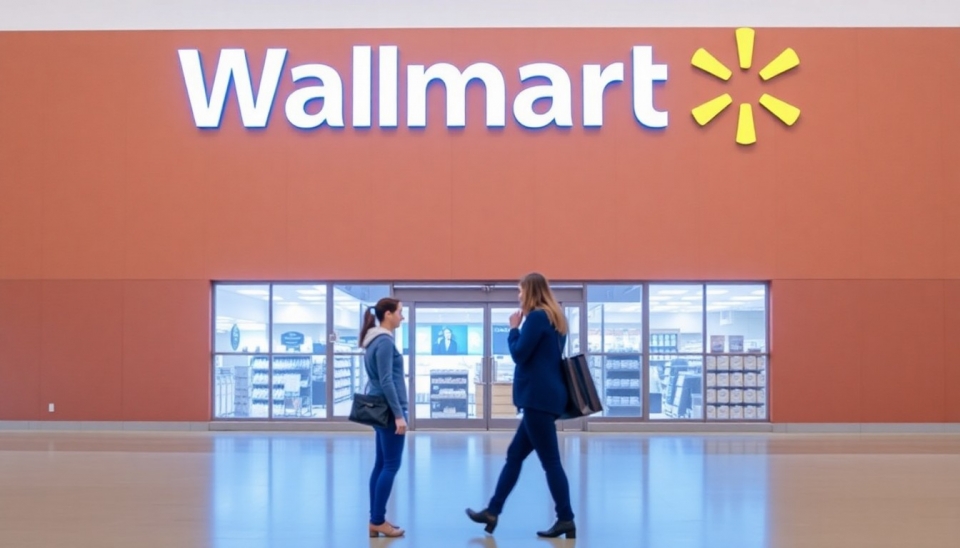
The financial technology landscape is witnessing a transformative rivalry between Klarna and Affirm, two of the leading players in the buy now, pay later (BNPL) sector. As both companies nominate their IPOs, their diverging strategies and market approaches have captured the attention of investors and consumers alike. This intense competition is not only shaping the futures of these fintech giants but reshaping the agendas of the entire BNPL industry.
Klarna, the Swedish-based powerhouse, continues to lead the BNPL market with its expansive consumer reach and solid brand recognition. Founded in 2005, Klarna has cultivated a huge user base thanks to its seamless shopping experience and attractive financing options for consumers. With extensive partnerships across various retail sectors, the company has positioned itself as the go-to service for easy credit access, making significant inroads into the global e-commerce space.
Conversely, Affirm, a U.S.-based competitor founded in 2012, has consistently differentiated itself by targeting a more niche market focusing on higher-value purchases. Affirm is gaining traction in product categories like furniture and travel where customers are more inclined to make significant purchases on credit. Unlike Klarna's more retail-centric approach, Affirm emphasizes transparency with fixed payment schedules and no hidden fees, appealing to consumers who prioritize understanding their financial commitments.
As both companies gear up for their public offerings, their contrasting tactics have become evident. Klarna has opted for a traditional IPO route, which allows it to capitalize on its established market presence and extensive funding. In contrast, Affirm is leveraging SPAC (Special Purpose Acquisition Company) strategies to accelerate its market entry, capitalizing on the current enthusiasm among investors for quick liquidity and tech investments.
This rivalry extends beyond just business strategies. Both firms are investing heavily in marketing and brand building, hoping to secure a larger share of the profitable BNPL pie. Klarna has heavily promoted its brand through partnerships with influencers and strategic marketing campaigns while Affirm is focusing on its unique value proposition to charm consumers and partners alike.
Moreover, regulatory scrutiny is on the rise for BNPL services, compelling both companies to be more transparent and responsible in their practices. This newfound emphasis on ethical lending could potentially redefine the competitive landscape, as both Klarna and Affirm adapt to evolving consumer expectations and regulatory requirements.
The competition between Klarna and Affirm possesses wide-ranging implications for the fintech ecosystem, influencing everything from legislative changes to how consumers perceive credit products. Investors are closely monitoring how this rivalry plays out, as it may signal broader trends in consumer finance and fintech valuations in the future.
As we look ahead, the outcome of this clash will be pivotal not just for Klarna and Affirm themselves but for the entirety of the finance technology market. Which company will successfully navigate this intricate market landscape, capture consumer loyalty, and ultimately become the leader in the BNPL revolution remains to be seen.
The future is indeed bright for fintech innovations, but the elements of competition, strategy, and consumer trust will be essential components in determining success in this burgeoning industry.
#Klarna #Affirm #Fintech #IPO #BuyNowPayLater #Rivalry #Investing #ConsumerFinance #MarketplaceInnovation
Author: Emily Collins




